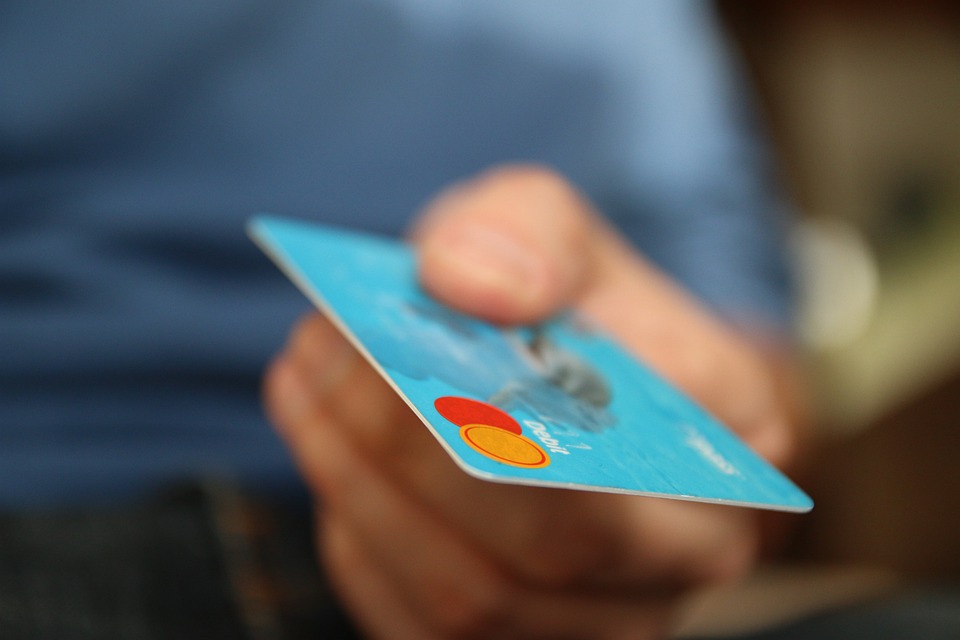Last updated Jun. 22, 2024 by Peter Jakes
In today’s fast-paced world, achieving financial fitness is more important than ever. The rising cost of living, increasing debt levels, and economic uncertainties have made it crucial for individuals and families to manage their finances effectively. Fortunately, you don’t need to hire a financial advisor or attend expensive seminars to become financially fit; many steps can be taken right from the comfort of your home. Here’s a comprehensive guide on how to get financially fit at home, and it covers various stages from assessing your current financial condition to making strategic financial plans for the future.
Assess Your Current Financial Situation
The first step in any financial fitness journey is understanding where you currently stand. Here’s how to evaluate your financial health:
Create a Budget
A budget is a financial plan that helps you manage your income and expenses. List down all your sources of income and total them. Debts, expenses, and savings should be listed and subtracted from the income so you can see exactly where your money goes.
Track Your Spending
Many apps and online tools are available to help you track your spending and categorize it. This is vital to understand areas where you might be overspending and where you can potentially cut back.
Analyze Your Debt
Knowing the size and scale of your debt is crucial. List all your debts, including mortgages, student loans, credit card debts, and personal loans.
Cut Unnecessary Expenses
Once you have a clear picture of your financial situation, the next step is to identify areas where you can cut back on expenses.
Reevaluate Subscriptions and Memberships
Do you have gym memberships, streaming services, or magazine subscriptions that you rarely use? Cancel these and save the money for something more essential.
Shop Smart
Use coupons, shop during sales, and consider generic brands instead of name brands. Small changes in shopping habits can lead to significant savings.
Dining Out
Eating out can take a large chunk out of your budget. Cooking at home can be substantially cheaper and healthier.
Increase Your Income
Boosting your income can also accelerate your journey towards financial fitness.
Side Hustles
Consider taking up a side hustle such as freelance writing, virtual assistance, or online tutoring. These can be done from home and can provide a significant additional income.
Sell Unused Items
Declutter your house and sell items you no longer need through platforms like eBay or Craigslist.
Improve Your Financial Knowledge
Improving your financial knowledge can provide you with better insights and strategies. Here’s how to do it:
Read Financial Books and Blogs
Books like "Rich Dad Poor Dad" by Robert Kiyosaki and "The Total Money Makeover" by Dave Ramsey are must-reads. Also, follow reputable financial blogs and websites for latest tips and updates.
Take Online Financial Courses
Platforms like Coursera and Udemy offer numerous courses on financial management. Investing a small amount in these courses can yield high returns.
Plan for the Future
Planning for the future is essential to ensure long-term financial stability and security.
Emergency Fund
An emergency fund can help you manage unexpected expenses without going into debt. Aim for at least three to six months’ worth of living expenses.
Retirement Savings
Whether through an employer-sponsored plan like a 401(k) or an Individual Retirement Account (IRA), saving for retirement is crucial. Automate contributions to these accounts for consistent savings.
Investment
Investing is a powerful tool for growing your wealth. Research different investment options like stocks, bonds, mutual funds, and real estate to diversify your portfolio.
FAQs
What is financial fitness?
Financial fitness refers to the state of being financially healthy, stable, and prepared for future needs and emergencies.
How can I start budgeting?
You can start budgeting by tracking all your income and expenses, categorizing them, and analyzing the data to identify spending patterns and potential savings.
What are some good financial apps to use?
Some popular financial apps include Mint, YNAB (You Need A Budget), and PocketGuard.
How can I improve my credit score?
Timely bill payments, reducing debt levels, maintaining a low credit utilization ratio, and reviewing your credit report for errors can help improve your credit score.
Do I need a financial advisor?
While it’s not mandatory, a financial advisor can provide additional insights and personalized strategies. However, many people successfully manage their finances on their own by staying informed and disciplined.
How much should I save in an emergency fund?
A good rule of thumb is to save three to six months’ worth of living expenses in an emergency fund.
What’s the best way to start investing?
Begin by researching different investment options and consider starting with low-risk investments. Diversify your portfolio to minimize risk.
By following the steps outlined in this guide, you can significantly improve your financial health and build a secure financial future. Remember, the key to financial fitness is consistency and discipline—small, consistent efforts can lead to significant long-term benefits.
✓ Short Answer
To become financially fit at home, start by assessing your current financial situation through budgeting and tracking expenses. Cut unnecessary costs, boost your income with side hustles, and improve your financial knowledge by reading books and taking online courses. Plan for the future by saving for emergencies and retirement, and explore investment options to grow your wealth. Consistency and discipline are key to achieving financial fitness.
Following these steps can lead you to a more financially stable and secure future. Remember, the journey to financial fitness is a marathon, not a sprint—take consistent, small steps towards your goals, and you will see substantial improvements over time.







